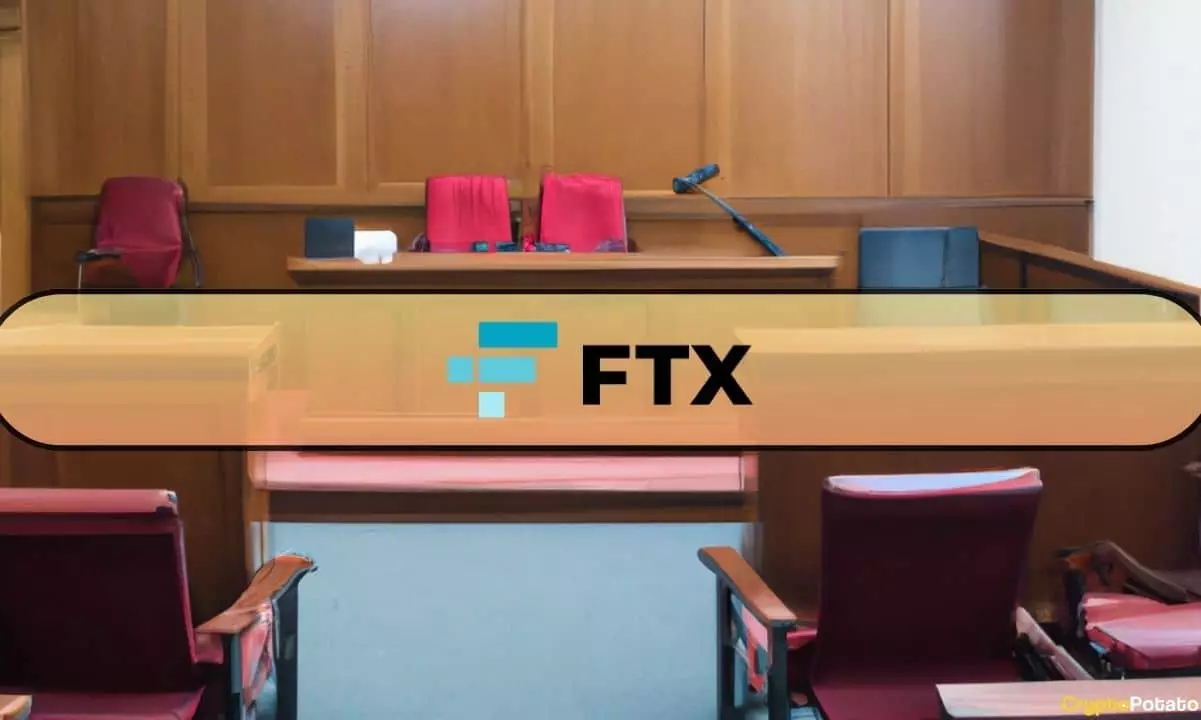The recent efforts by FTX to push forward a plan that could deny billions of dollars in creditor claims reveal a disturbing trend in how some crypto institutions manipulate legal systems to serve their own ends. Rather than prioritizing fairness or transparency, FTX’s proposal to classify certain countries as “Potentially Restricted Jurisdictions” showcases a strategic move to sidestep the moral obligation to return funds. This approach exposes a dangerous reliance on international legal ambiguities and underscores the inherent risks in a decentralized financial ecosystem lacking strong regulatory oversight.
By designating countries like China, Russia, Afghanistan, and Ukraine as jurisdictions where legal complications could block payouts, FTX effectively sidesteps its responsibility toward vulnerable users. This comes at a time when skeptics have long argued that crypto platforms often prioritize profit and expansion over consumer protection. Such tactics threaten to deepen distrust in the industry, revealing how private firms might prioritize legal defense over ethical commitments—especially when claims are substantial enough to threaten their financial stability.
The Ethical Crisis: Victims or Victimizers?
Beyond the legal intricacies, FTX’s strategy raises profound ethical concerns, particularly regarding the treatment of users from regions with strict crypto regulations. Chinese users, who allegedly constitute 82% of the claim value from affected parties, are at the heart of this controversy. It appears that, under FTX’s plan, these users are being unfairly penalized because of their geographical location, regardless of the fact that they might have legally held assets in compliant jurisdictions.
This predicament highlights a broader issue with crypto’s global reach: jurisdictional inconsistencies can easily be exploited to deprive legitimate claimants of their rightful funds. The argument that distributing funds could violate local laws doesn’t hold when the assets in question—held in foreign accounts or through international exchanges—are legally permissible for individual ownership, even if local trading is restricted. Denying users access to their assets based on their country of residence seems more like a punitive measure than a legitimate legal concern, calling into question FTX’s honesty and the ethics of its approach.
Implications for Future Crypto Regulation and Industry Ethics
FTX’s controversial plan should serve as a wake-up call for the entire industry, emphasizing the urgent need for better oversight and accountability. The crypto sphere has long thrived in a gray area, often operating without comprehensive legal frameworks. This incident exemplifies how platforms can manipulate jurisdictional ambiguities, leaving users vulnerable and underprotected.
It is imperative that regulators step in to establish clear, enforceable standards that prevent such exploitation. The industry must evolve beyond the reckless pursuit of rapid growth and self-interest, embracing a culture rooted in integrity and fairness. Crypto companies cannot continue to hide behind legalistic excuses while leaving their users stranded, especially in the face of widespread financial losses and systemic failures.
Furthermore, these developments challenge us to rethink how we perceive fairness in a decentralized world. Are exchanges merely custodians, or do they bear a moral responsibility to ensure equitable treatment for all claimants, regardless of geography? FTX’s apparent readiness to deny funds based on jurisdiction signals an alarming shift that could unravel years of fragile trust in the industry.
The Power Dynamics: Who Really Holds the High Ground?
At the core of this controversy is a troubling imbalance of power. FTX, once a symbol of innovative finance, now positions itself as a gatekeeper deciding who deserves to see their money. By threatening to forfeit funds in restricted jurisdictions, it effectively shifts the burden of legal compliance onto vulnerable users, rather than ensuring proper restitution.
This move appears motivated less by legitimate legal concerns and more by an attempt to absolve itself of fiduciary responsibility. The principle of justice suggests that creditors, many of whom are ordinary individuals, should not be sacrificed on the altar of corporate survival. Protecting the rights of users from countries like China or Russia should not be dismissed as inconvenient obstacles but recognized as fundamental ethical obligations.
It is crucial that the industry develops mechanisms that prevent such unilateral decisions, fostering a landscape where integrity and user rights are prioritized over the fleeting interests of corporate shield-building. If crypto is to mature into a truly alternative financial system, it must be honest about its responsibilities and learn to operate within ethical standards that safeguard all participants, regardless of their geographic location.
In conclusion, the unfolding FTX saga isn’t just about a failed exchange and its fallout; it exposes systemic flaws rooted in the lack of regulatory guardrails and ethical accountability. The decision to potentially deny billions of dollars to users based on their jurisdiction is a stark reminder that crypto, for all its promise of decentralization, still struggles with centralized problems—power, greed, and a lack of moral clarity. If the industry’s future depends on sustainable trust and legitimacy, it must confront these issues head-on rather than disguise them behind legal loopholes.


Leave a Reply